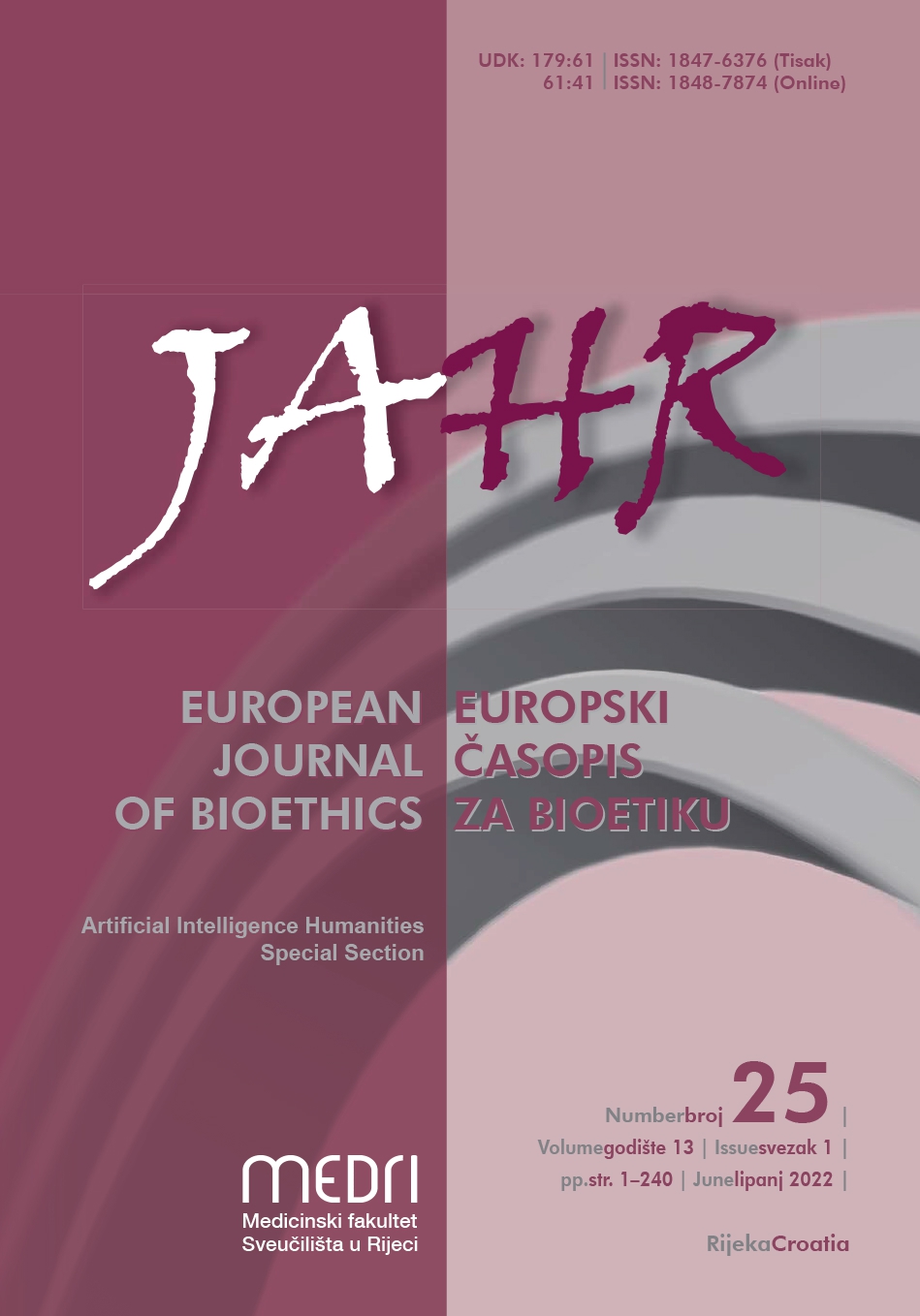Pandemic – Utopia – Bioethics
Keywords:
pandemic, COVID-19, utopia, degrowth, moral conflict, integrative bioethicsAbstract
https://doi.org/10.21860/j.13.1.8
Although it does not seem so at first glance, the COVID-19 pandemic did not make any fundamental changes, both in terms of the socio-economic framework of our actions and in terms of moral action. The reason for this lies primarily in the neglect of the utopian approach, which turned out to be necessary for looking at the socio-economic relations in the sphere of morality. Bioethics can provide a framework for such an in-depth moral questioning. I start this paper with the presentation of the attitude toward the pandemic, which remains within the parameters the inalterability of the world dogma. I then briefly ponder the notion of utopia and the concept of ‘degrowth’, the latter being an exemplary utopian approach to the human relationship toward the environment. Since the destructive attitude toward nature is the main cause of pandemic outbreaks, and both issues are of interest to bioethics, the latter should consider the attitude towards pandemics in a utopian way, primarily because the human destructiveness towards life stems primarily from the current socio-economic system. A characteristic of non-utopian thinking is that it neglects the reasons for the occurrence of certain moral conflicts, thus enabling it to be constantly perpetuated. As I try to show in the last part of the paper, the pluri-perspective methodology of integrative bioethics provides the tools to thwart this perpetuation.
Downloads
Published
Issue
Section
License
Authors who publish with this journal agree to the following terms:
- Authors retain copyright and grant the journal right of first publication with the work simultaneously licensed under a Creative Commons Attribution License that allows others to share the work with an acknowledgement of the work's authorship and initial publication in this journal.
- Authors are able to enter into separate, additional contractual arrangements for the non-exclusive distribution of the journal's published version of the work (e.g., post it to an institutional repository or publish it in a book), with an acknowledgement of its initial publication in this journal.
- Authors are permitted and encouraged to post their work online (e.g., in institutional repositories or on their website) prior to and during the submission process, as it can lead to productive exchanges, as well as earlier and greater citation of published work (See The Effect of Open Access).



